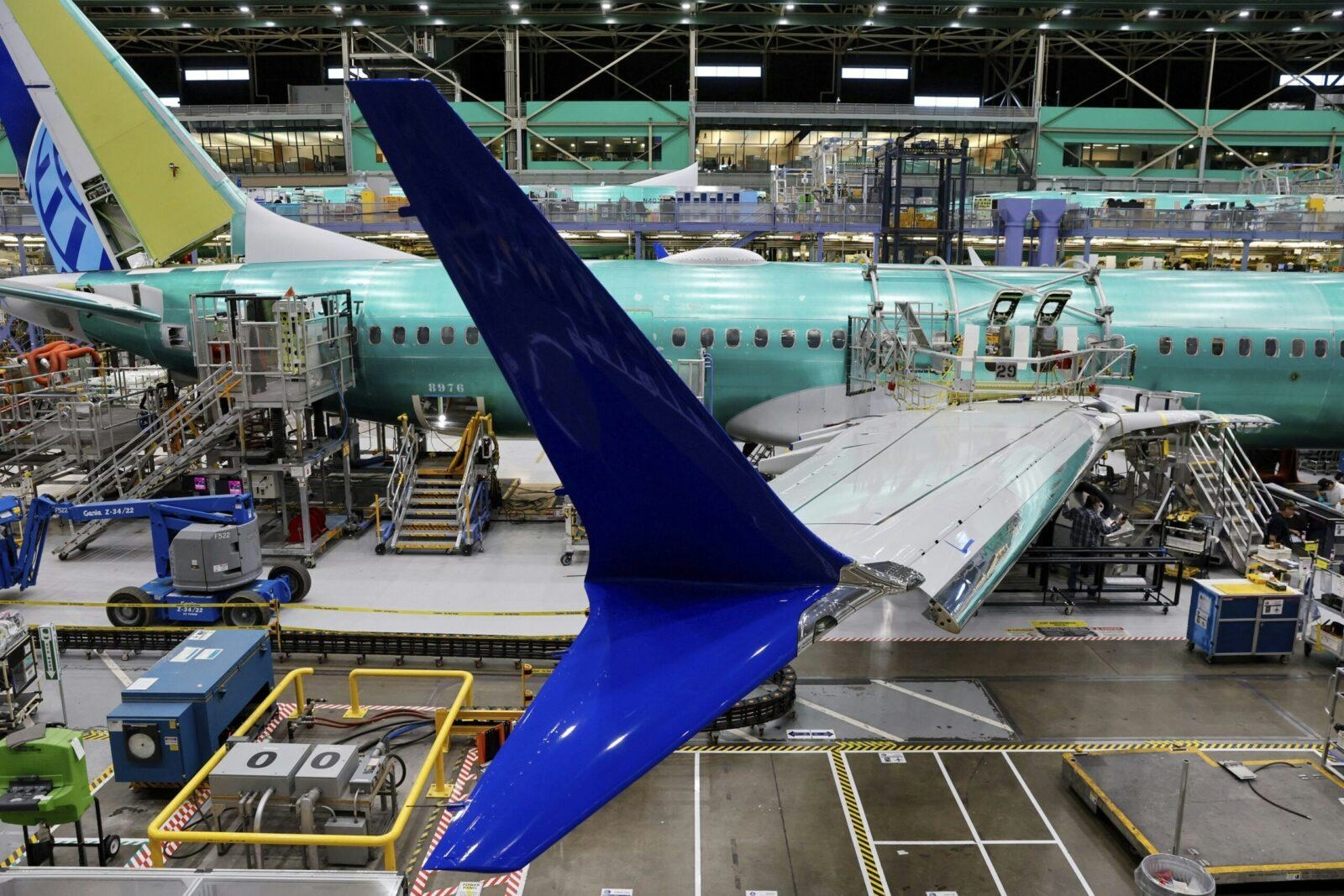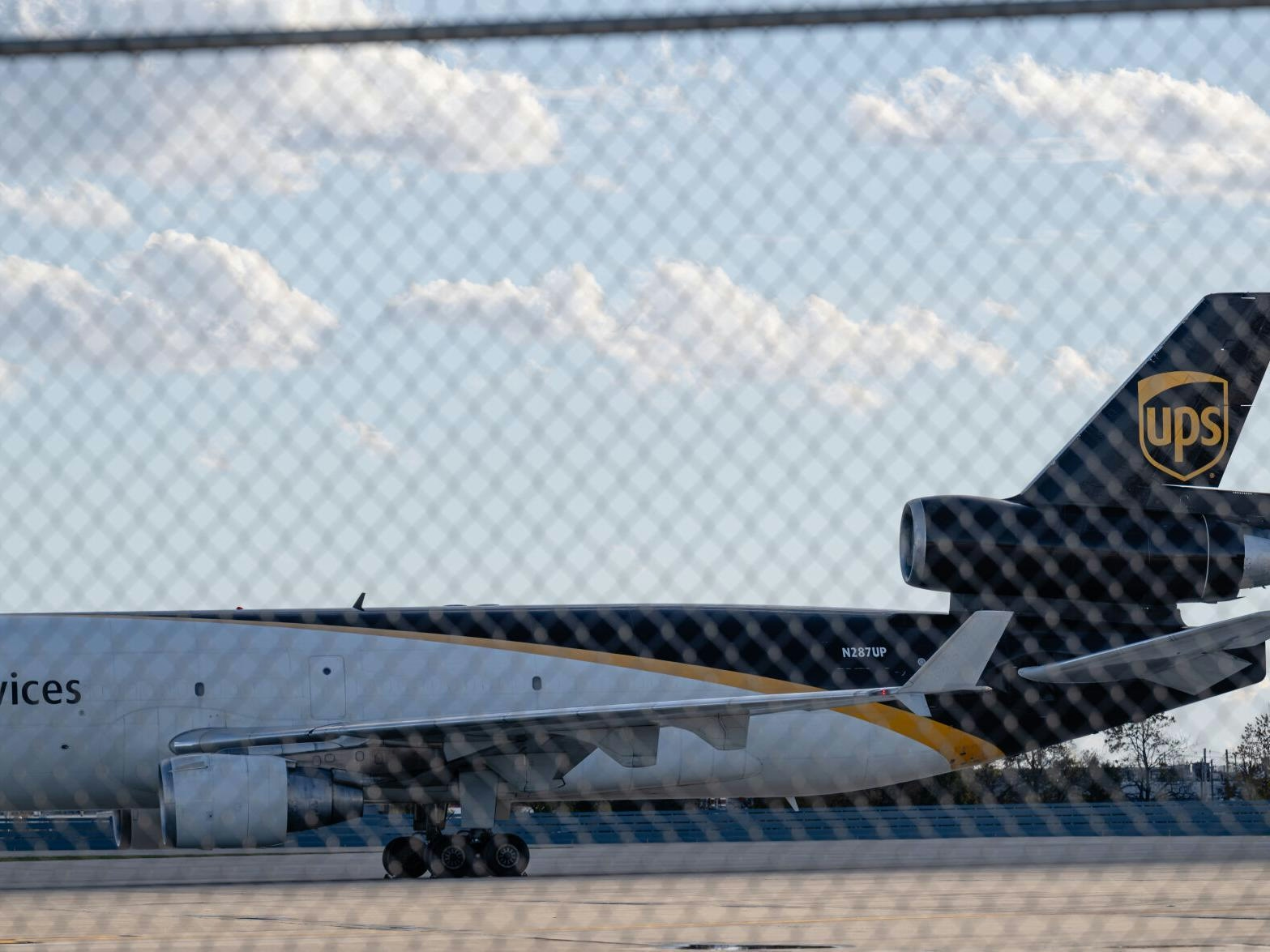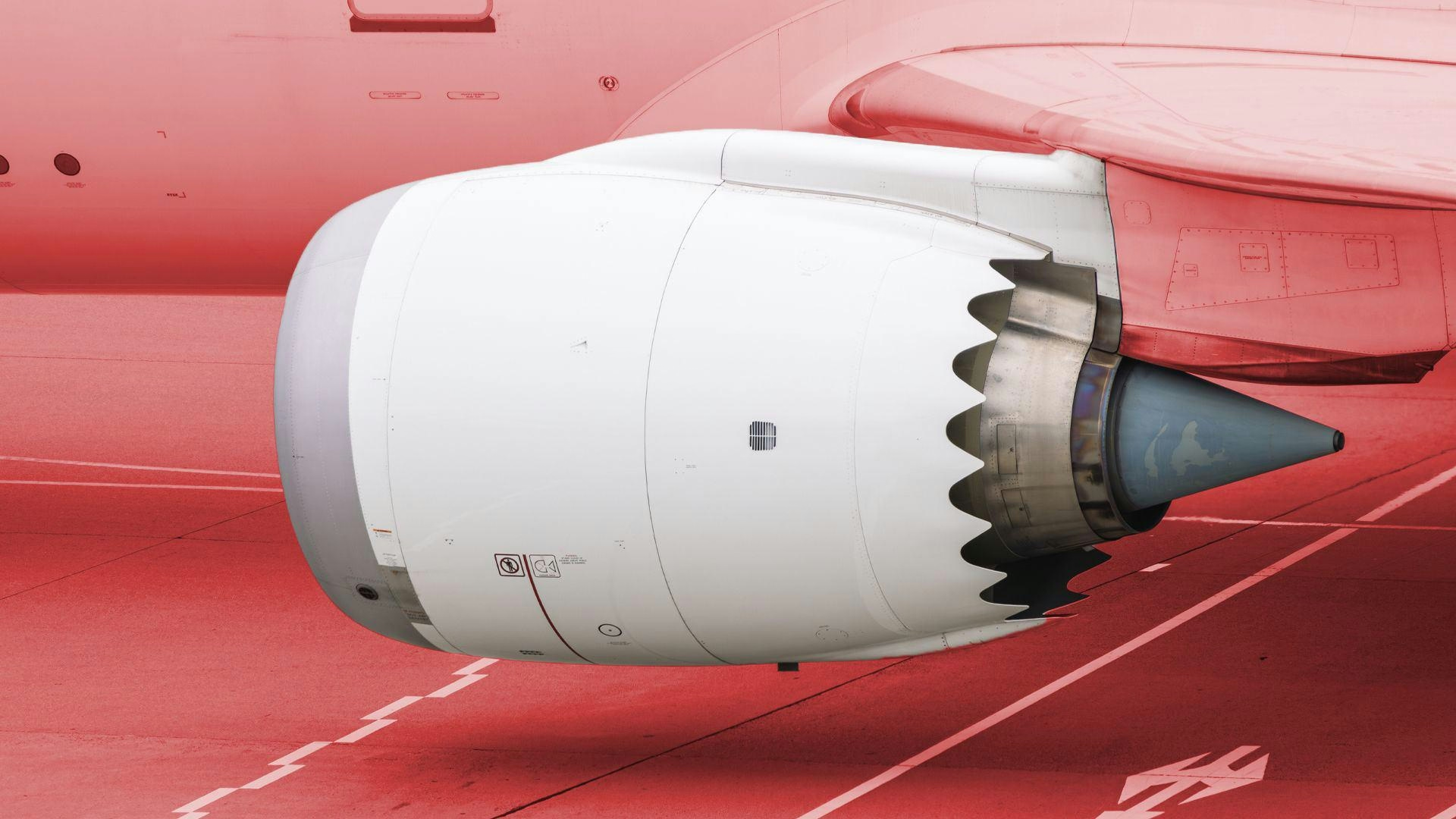AeroGenie — Ihr intelligenter Copilot.
Trends
Categories
Boeing Increases Deliveries and Reduces Losses

Boeing Boosts Deliveries and Narrows Losses Amid Industry Recovery
Boeing has demonstrated a notable recovery in the aerospace sector, extending its delivery momentum and reducing its financial losses in the latest quarter. In July, the company delivered 48 jets, a slight decrease from June but significantly ahead of the previous year’s figures, driven primarily by steady production of the 737 Max. From January through July, Boeing shipped 328 aircraft, a substantial increase from 218 during the same period last year. This rise in deliveries, alongside improved revenue and a smaller quarterly loss, has bolstered investor confidence and marked a pivotal moment in the company’s rebound from recent challenges.
Despite Boeing’s progress, its main competitor Airbus continues to lead in deliveries, having dispatched 67 jets in July and 373 so far this year. Nevertheless, Boeing outperformed Airbus in gross orders last month, indicating sustained demand for its aircraft. The company has ramped up monthly 737 production to 38 units, with plans to increase to 42 pending regulatory approval. This production acceleration contributed to a second-quarter loss that was narrower than analysts had anticipated, reflecting a resurgence in commercial jet sales.
Market Response and Strategic Developments
The market has responded positively to Boeing’s operational improvements, with shares rising approximately 31% in 2025. The company’s backlog approaches 6,000 aircraft, supported by over 6,500 orders, positioning Boeing to benefit from growing airline demand and global fleet modernization. However, this resurgence is likely to intensify competition within the commercial aviation sector, as Airbus and other rivals may escalate their production and marketing efforts to maintain market share.
Regulatory developments are also influencing Boeing’s trajectory. The United Kingdom recently approved Boeing’s $8.3 billion acquisition of Spirit AeroSystems, a longstanding partner and critical supplier. This approval represents a significant milestone toward completing the deal by year-end and could grant Boeing greater control over essential parts and production quality. Such consolidation has the potential to reshape the aviation supply chain, as manufacturers seek enhanced efficiency and stability to meet increasing global demand.
Despite these advances, Boeing continues to face challenges. Regulatory scrutiny remains stringent, and the company must navigate complex market dynamics as it advances its recovery. The Spirit AeroSystems acquisition, while promising, may attract further regulatory examination due to concerns about industry consolidation. Meanwhile, competitors are expected to remain aggressive, and any missteps by Boeing could quickly alter the competitive landscape.
Boeing’s increased deliveries and reduced losses underscore a significant recovery, fueling market optimism and setting the stage for intensified competition and supply chain transformation. As the company manages its substantial backlog and integrates new acquisitions, its ability to sustain this progress will be closely monitored by investors, regulators, and industry rivals.

Aircraft Engine Maintenance Market Projected to Reach $121 Billion by 2035

Japan Airlines, Cathay Pacific, Korean Air, and United Announce Changes to Taiwan Travel Policies

Does the McDonnell Douglas MD-11’s Tail Engine Affect Its Handling?

BOC Aviation Renews Credit Facility with Bank of China

Why the Boeing 787’s Engines Feature Chevrons While the 777X’s Do Not

The Role of Artificial Intelligence in Aircraft Engine Maintenance

Congress Urges FAA to Accelerate Electric Air Taxi Certification

Florida Allocates $8 Million to Expand Aviation Maintenance Training Amid Workforce Shortages

Do the Boeing 787 Dreamliner and 747-8 Use the Same Engine?

beOnd Applies for AOC to Expand Operations in Bahrain
